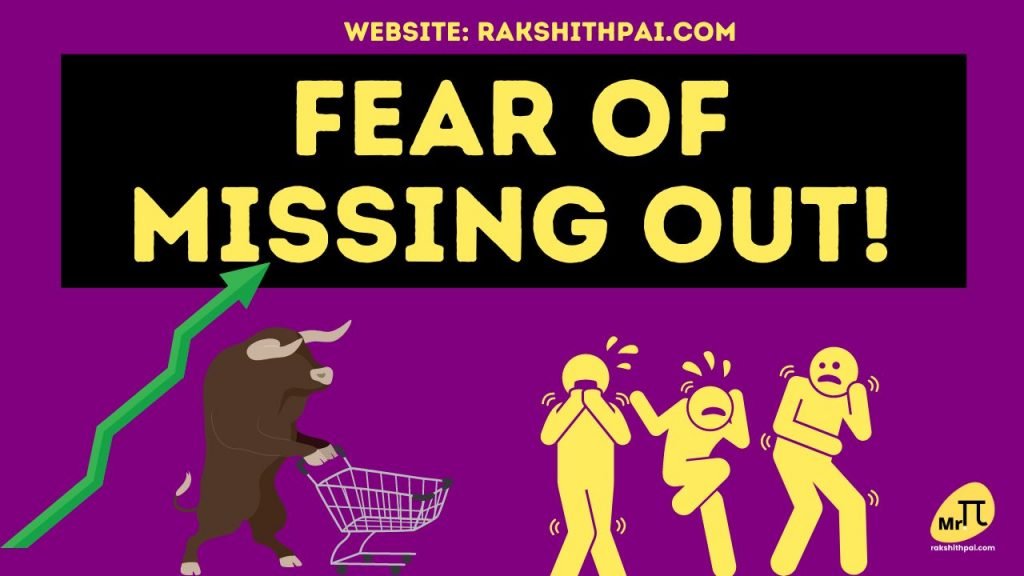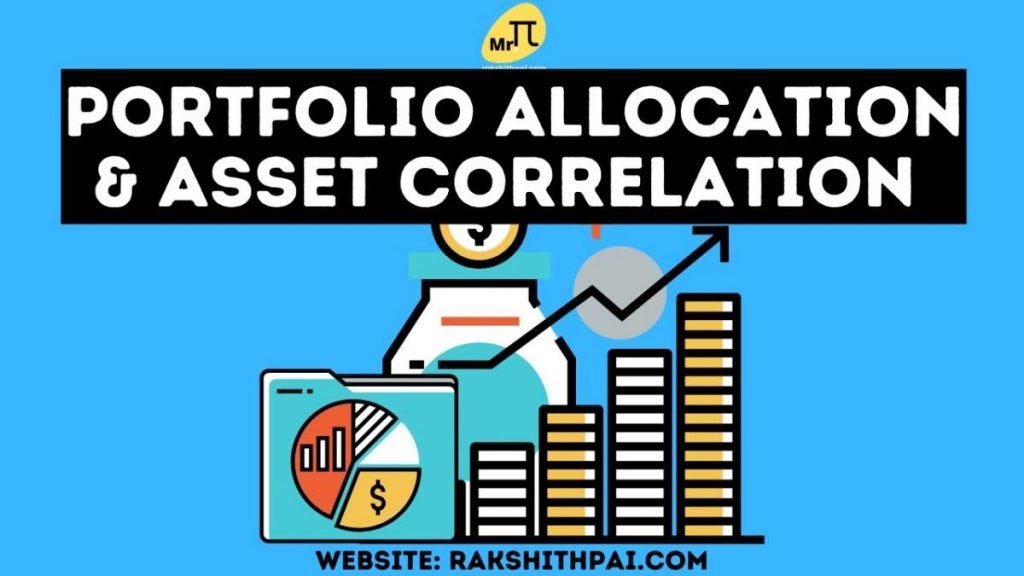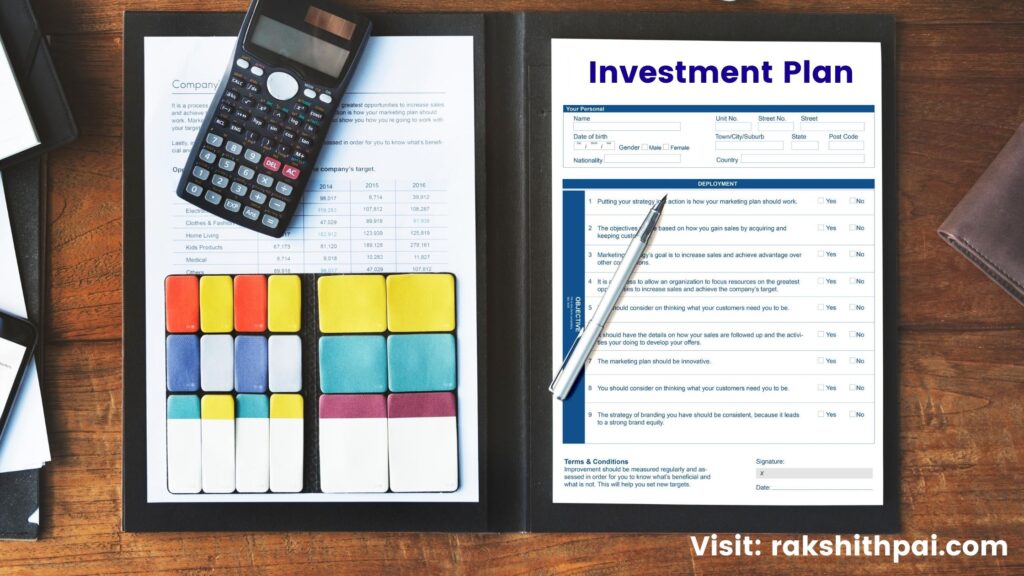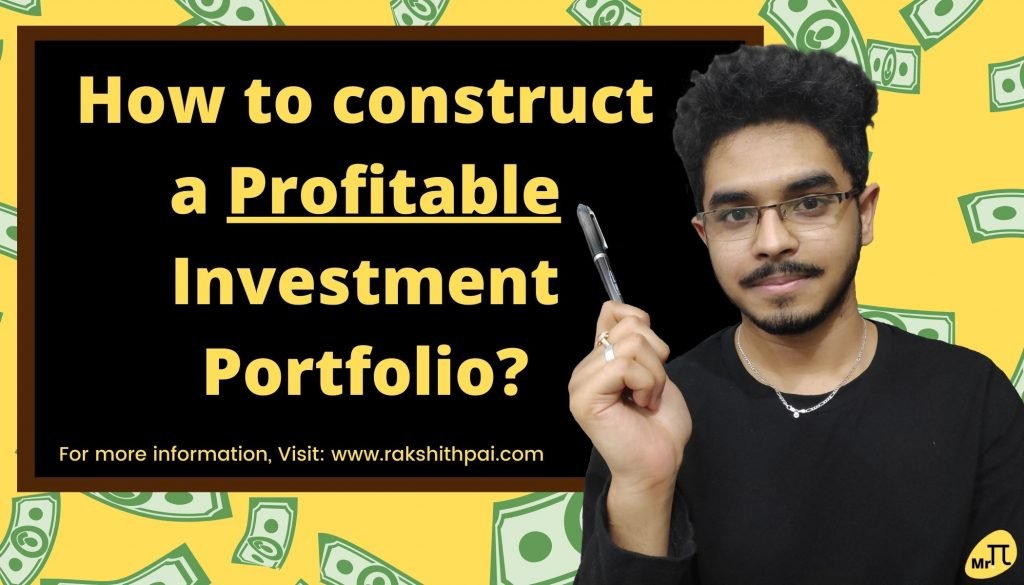Table of Contents
Why do Indians Prefer Owning Homes?
In India, owning a home is frequently associated with a sense of pride, status, and accomplishment. That is the reason, Indians own most of their wealth in physical assets such as Real-estate, Gold & Silver.
In fact, over 84% of India’s wealth is in real estate. From a simple perspective, the house you stay in will be worth crores (if it is a self-owned property situated in a prime & subprime area).
Your entire neighborhood maybe is filled will crorepati. But, since most of their wealth is in real estate, the asset is nonliquid and the neighborhood seems middle class.
Most people acquire investment property for the sole purpose of increasing their wealth. Still, there are times when a person could purchase real estate without fully investigating the costs and implications.
The risk is that you will not make any money or perhaps lose money if you do this. The current state of the real estate market may only serve to compound your problems. To that end, run these five tests before making the life-changing decision to invest in real estate.
Five (5) Points to Know Before Buying a Home:
Proper Research
Investing is a huge deal, and research is crucial, especially in the property market. There are many aspects one must consider before buying. especially in the case of research. Evaluate the neighborhood’s “overall amenities,” as well as its “development in location, connection, crime rate, quality of the environment and people, highway access, utility centers, quality of schools, etc.”
I cannot overstate the importance of a good neighborhood when purchasing a home. Not only for your own safety and well-being but also because a bad neighborhood does not yield much in terms of future land value. You can’t count on seeing home-worth growth if you invest in a declining neighborhood.
One must also check whether or not the local infrastructure will improve; whether or not the property is involved in litigation or is legally problematic; and who the seller is, among other critical considerations. As there are many factors involved, it is best to consult a professional before making any major decisions.
Credit Score
An individual’s creditworthiness can be expressed as a numeric value based on a granular study of their credit files. Most of the information in credit reports comes from credit reporting agencies, and credit scores are based on this information.
For example, your credit score will be determined by your income and spending. If you earn well with sufficient savings, you may have a CIBIL score of over 800 (a CIBIL score of over 700 is considered good). And, on the other hand, if you earn less while carrying a certain amount of debt, your credit score will be lower.
In order to own a house on loan, you must be eligible for the loan amount, right? Such a loan amount and the interest rate change on your loan will be decided based on your credit score. If you have a good credit score, your bank will, as an incentive, provide you with a home loan at a reduced rate.
Credit rating for Companies & its Importance
Documents
Do you know that even today, fake documents are a big issue in the real estate market?
Forgery is a punishable offense, and in the case of land documentation, fake properties are shown by a fake individual quoting false hopes. People buy the land believing it is available at a cheaper rate.
Apart from intentional fraud, there are many errors in property documentation that could make your life a living hell when the matter escalates. Because land cases are among those that have a lengthy legal battle. Some surpass even 50 years!
Hence, it is highly suggested to never ever compromise on documentation. It’s far better to spend on professional advice than to spend on a legal battle.
Investment
Real-estate investment is one of the costliest forms of investing. To get a better return on investment, we must buy properties in prime areas. And, since the demand for such sites is already high, the cost of owning a piece of land in a prime area will be 2x to 3x the stamp duty value. Very few have such a considerable investment at the initial stage of their career. So, many tend to take loans in order to own them.
Although real estate investing is a lucrative one, we need money & influence to succeed in the industry. And, if buying a property for our own, then, having money saved up for a down payment is just our initial concern.
The cost of owning properties can vary from a few lakhs to many crores. It’s depended on how you spend.
Build Investment Portfolio from Scratch:
Other Expenses
Owning a home is one of the major decisions in one’s life. And it is not as simple as paying a certain amount and making EMI payments until the tenure is up. No! A home loan consists of a variety of factors.
Additional fees, such as GST, registration, stamp duty, brokerage, furnishing, borrowing expenses, and more, can drive up the total cost of a real estate transaction. You’ll have to fork up 5% GST on a property that’s still in the building stages, plus another 5%-15% in registration and stamp duty, depending on local regulations. 5–10% more might be spent on furniture for the home. All of this will likely add up to about 15% of your starting price.
In addition, a bank may fund as much as 90% of a low-value loan and as little as 75% of a high-value loan. You’re on your own for the rest of it. As a result, between 20 and 25% of the total budget should be available on hand before even considering a home loan.
How to Plan Your Investment?
Buying your own home is not a simple task. In fact, in earlier days, our parents would contribute their life earnings just to get the house constructed. But, for that to happen, they would have to have the land purchased beforehand.
Even now, you can buy land, but if the location of the property is near a prime area, the cost of the same will skyrocket. So much so that it’s impossible for a working-class individual to buy land without getting into debt. So, in order to avoid this debt burden, you can follow the mentioned steps early on to get a home of your own when the time comes.
Invest Early
We know that owning a home is not an easy task. The initial down payments themselves be in lakhs.
Achieving your financial goals in a timely manner requires early investment. If you start saving now, you’ll be in a better position to purchase a home when you’re ready. Applying for a mortgage in your twenties or thirties can allow you to benefit from a longer loan term, which will lower your EMI payments in the short term. But, by the end of the loan tenure, you’ll have a beautiful house with no other wealth.
Instead, you can get rich wisely with little risk if you start investing early and let the power of compounding do its work. Such an investment will grow rapidly on its own, and when the time comes, you’ll have enough corpus built up. Such an amount can be used for the purchase of a new home. With this, you may also be left with some amount of investment in hand.
For example;
Imagine the situation of Mr.Ranju & Mr.Raju.

Where Ranju Invested his Savings in Mutual Funds and ETFs and let his Investment grow for the next 20 years. At 12% ROI, and with an investment of just Rs. 25,000 per month, Mr. Ranju now has Rs. 2,49,78,698.
Even if Mr.Ranju wishes to spend Rs. 2 crores on his home and keep his balance of Rs. 49 lahks invested, he can have a happy retired life.
In the case of Mr.Raju, who took a loan of 1 crore to build the house instead of investing. Considering an 8% Interest on a loan (Estimated CIBIL score > 800 for easy calculation).
Mr. Raju will spend Rs. 1 crore in principal amount and an additional Rs.1,00,74,559 on interest charges.
So, to put it in perspective. Both Mr. Ranju & Mr.Raju will have a home by the time they are in their 50s. But, Mr.Ranju will have his home paid in cash with an additional Rs. 50 lakh saved in Investments. Wherein, Mr. Raju will spend over Rs. 2 crores on the house he bought for Rs. 1 crore. But, Mr. Raju will have no other investments saved due to his choices made.
We still haven’t gotten to the worst part…
With a 1 crore loan amount, Mr. Raju will be paying Rs. 83,644 per month in a Home loan. Wherein, Mr. Ranju invested just Rs. 25,000 per month. If we consider that Mr.Ranju saving up Rs. 83,644 per month, then, he’ll have in his investment corpus, Rs. 8,35,72,729
Yup, you can be a multi-crore pathi!
[We considered Rs. 25,000 per month as an investment because Mr. Ranju doesn’t have a house while Mr.Raju does. So, Mr. Ranju will still have to pay for rent & utilities].How to Start Investing? A Beginners Guide to Investing.
Government Benefit
There are many government initiatives promoting first-time home buyers into buying one. There are certain tax exemptions and tax benefit schemes to promote home loans. Amongst many such schemes, the “Pradhan Mantri Awas Yojna” is a notable one.
If you or a member of your family do not currently own a home in India, you may be eligible for assistance under the Pradhan Mantri Awas Yojna (PMAY-CLSS) initiative, which is part of the larger Pradhan Mantri Awas Yojana. If you apply for a house loan under this program, the government will provide you with an interest subsidy upfront. This subsidy amount can drastically lower your monthly mortgage payment (EMI).
For more information on the scheme, Check this link; “Pradhan Mantri Awas Yojana-Urban – CLSS”.
Conclusion:
For some, owning a home represents safety and peace of mind; for others, it’s all about ease and relaxation; and for still others, it’s a badge of honor and pride.
And then there are the house’s other problems to solve. Specifically, home purchases are often the single largest expenditure made by ordinary Indians. The question of whether to rent or purchase a home is one that many people must face. For a better understanding, watch the attached video.
A successful real estate transaction is usually the product of a thorough individual investigation into a number of factors.
The buyer should think about a number of things, not only the asking price and location, but also how much room they will need in the future, whether or not the area’s infrastructure will develop, and whether or not the property is involved in any pending dispute. Check the seller’s or builder’s reputation by looking at their past work and other things.
I hope this article assists you in making sound decisions.
For More Information, Check this Video:
Disclaimer: All the information on this website is published in good faith and for general information purposes only.









